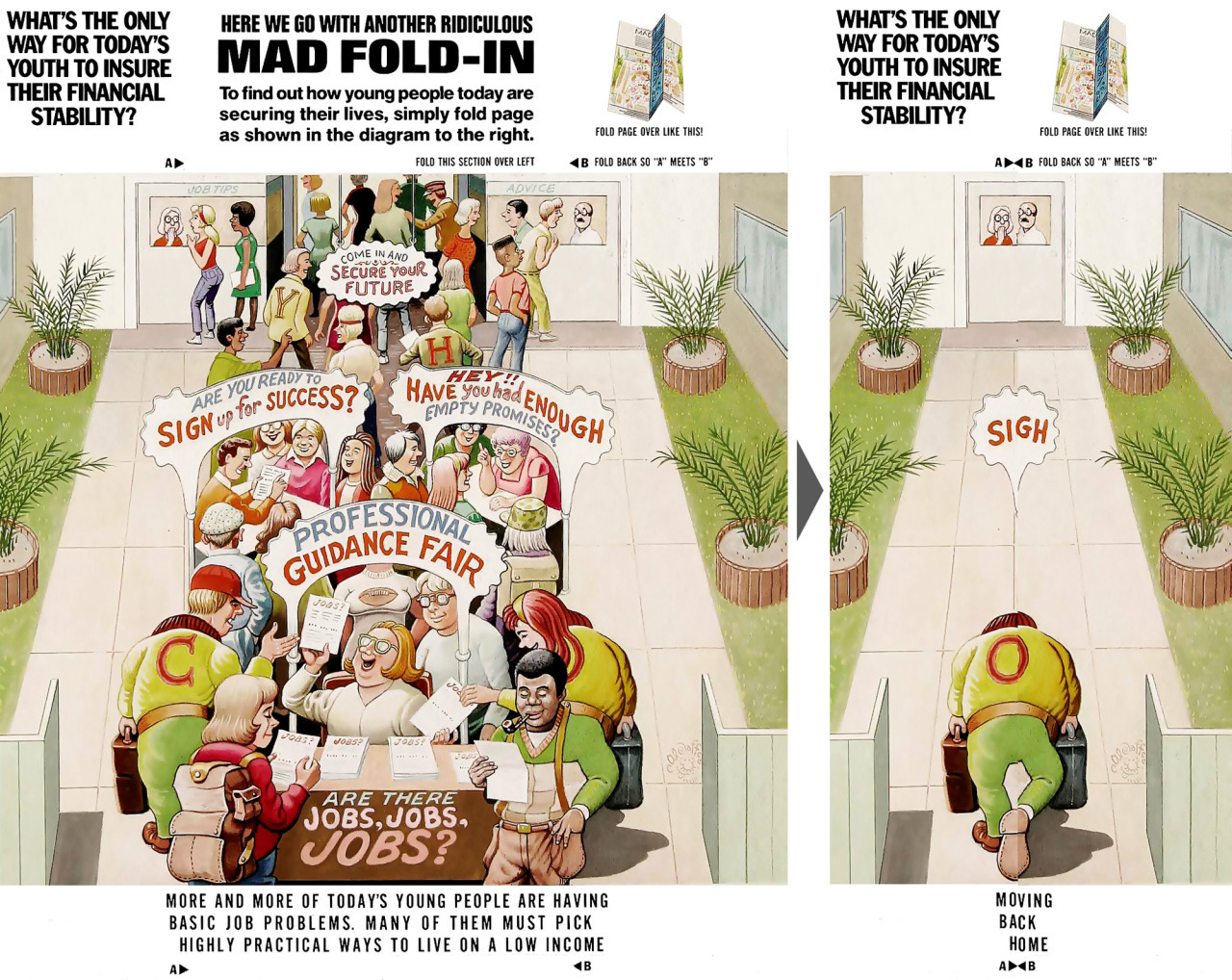Warren Buffett had a set of non-transitive that he used to challenge people's intuitions about probability. He once challenged Bill Gates to a game. Gates looked at the dice and said, "sure, you go first."
Cheap Beer, Paradoxical Dice, and the Unfounded Morality of Economists
Sometimes a concept can be so intuitively obvious that it actually
becomes more difficult to teach and discuss. Take transitivity. We say
that real numbers have the transitive property. That means that if you
have three real numbers (A, B and C) and you know A > B and B > C
then you also know that A > C.
Transitivity is just too obvious to get your head around. In order to
think about a concept you really have to think about its opposite as
well --
A > B, B > C and C > A. None too imaginatively, we call these
opposite relationships intransitive or non-transitive. Non-transitive
relationships are deeply counter-intuitive. We just don't expect the
world to work like that. If you like butterscotch shakes better than
chocolate shakes and chocolate shakes better than vanilla shakes, you
expect to like butterscotch better than vanilla. If you can beat me at
chess and I can beat Harry, you assume you can beat Harry. There is. of
course, an element of variability here -- Harry might be having a good
day or you might be in a vanilla kind of mood -- but on average we
expect these relationships to hold.
The only example of a non-transitive relationship most people can think
of is the game Rock, Paper, Scissors. Other games with non-transitive
elements include the boomer classic Stratego where the highest ranked
piece can only be captured by the lowest and my contribution, the game
Kruzno which was designed specifically to give students a chance to work with these concepts.
While these games give us a chance to play around with non-transitive
relationships, they don't tell us anything about how these relationships
might arise in the real world. To answer that question, it's useful to
look at another
game.
Here are the rules. We have three dice marked as follows:
Die A {2,2,4,4,9,9}
Die B {1,1,6,6,8,8}
Die C {3,3,5,5,7,7}
Because I'm a nice guy, I'm going to let you pick the die you want. I'll
then take one of the two remaining dice. We'll roll and whoever gets
the higher number wins. Which die should you pick?
The surprising answer is that no matter which one you pick I'll still have the advantage because these are
non-transitive dice.
A beats B five out of nine times. B beats C five out of nine times. C
beats A five out of nine times. The player who chooses second can always
have better odds.
The dice example shows that it's possible for systems using random
variables to result in non-transitive relationships. Can we still get
these relationships in something deterministic like the rules of a
control system or perhaps the algorithm a customer might use to decide
on a product?
One way of dealing with multiple variables in a decision is to apply a
threshold test to one variable while optimizing another. Here's how you
might use this approach to decide between two six-packs of beer: if the
price difference is a dollar or less, buy the better brand; otherwise
pick the cheaper one.* For example, let's say that if beer were free you
would rank beers in this order:
1. Sam Adams
2. Tecate
3. Budweiser
If these three beers cost $7.99, $6.99 and $5.99 respectively, you would
pick Tecate over Bud, Sam Adams over Tecate and Bud over Sam Adams. In
other words, a rock/paper/scissors relationship.
Admittedly, this example is a bit contrived but the idea of a customer
having a threshold price is not outlandish, and there are precedents for
the idea of a decision process where one variable is ignored as long as
it stays within a certain range.
Of course, we haven't established the existence, let alone the
prevalence of these relationships in economics but their very
possibility raises some interesting questions and implications. Because
transitivity is such an intuitively appealing concept, it often works
its way unnoticed into the assumptions behind all sorts of arguments. If
you've shown A is greater than B and B is greater than C, it's natural
not to bother with A and C.
What's worse, as Edward Glaeser has observed, economists tend to be
reductionists, and non-transitivity tends to play hell with
reductionism. This makes economics particularly dependent on assumptions
of transitivity. Take Glaeser's widely-cited proposal for a "
moral heart of economics":
Teachers of first-year graduate courses in economic theory,
like me, often begin by discussing the assumption that individuals can
rank their preferred outcomes. We then propose a measure — a ranking
mechanism called a utility function — that follows people’s preferences.
If there were 1,000 outcomes, an equivalent utility function could be
defined by giving the most favored outcome a value of 1,000, the second
best outcome a value of 999 and so forth. This “utility function” has
nothing to do with happiness or self-satisfaction; it’s just a
mathematical convenience for ranking people’s choices.
But then we turn to welfare, and that’s where we make our great leap.
Improvements in welfare occur when there are improvements in utility,
and those occur only when an individual gets an option that wasn’t
previously available. We typically prove that someone’s welfare has
increased when the person has an increased set of choices.
When we make that assumption (which is hotly contested by some people,
especially psychologists), we essentially assume that the fundamental
objective of public policy is to increase freedom of choice.
But if these rankings can be non-transitive, then you run into all sorts
of problems with the very idea of a utility function. (It would also
seem to raise some interesting questions about revealed preference.)
Does that actually change the moral calculus? Perhaps not but it
certainly complicates things (what exactly does it mean to improve
someone's choices when you don't have a well-ordered set?). More
importantly, it raises questions about the other assumptions lurking in
the shadows here. What if new options affect the previous ones in some
other way? For example, what if the value of new options diminishes as
options accumulate?
It's not difficult to argue for the assumption that additional choices
bring diminishing returns. After all, the more choices you have, the
less likely you are to choose the new one. This would imply that any
action that takes choices from someone who has many and gives them to
someone has significantly fewer represents a net gain since the choice
is more likely to be used by the recipient. Let's say we weight the
value of a choice by the likelihood of it being used, and if we further
assume that giving someone money increases his or her choices, then
taking money from a rich person and giving it to a poor person should
produce a net gain in freedom.
Does this mean Glaeser's libertarian argument is secretly socialist? Of
course not. The fact that he explicitly cites utility functions suggests
that he is talking about a world where orders are well defined, and
effects are additive and you can understand the whole by looking at the
parts. In that world his argument is perfectly valid.
But as we've just seen with our dice and our beer, we can't always trust
even the most intuitively obvious assumptions to hold. What's more, our
examples were incredibly simple. The distribution of each die just had
three equally probable values. The purchasing algorithm only used two
variables and two extremely straightforward rules.
The real world is far more complex. With more variables and more
involved rules and relationships, the chances of an assumption catching
us off guard only get greater.
*Some economists might object at this point that this algorithm is not
rational in the strict economics sense of the word. That's true, but
unless those economists are also prepared to argue that all consumers
are always completely rational actors, the argument still stands.







/cloudfront-us-east-2.images.arcpublishing.com/reuters/YQUQETABY5I37IVF2JUCJV7GBY.jpg)




